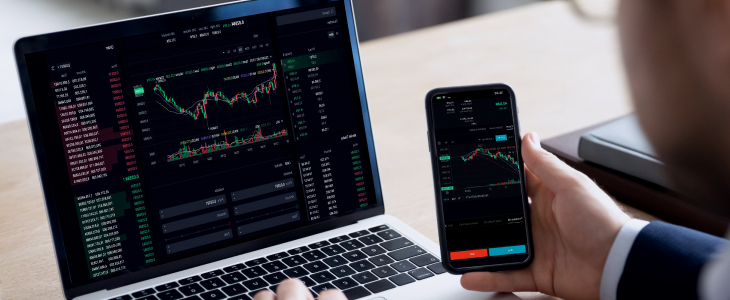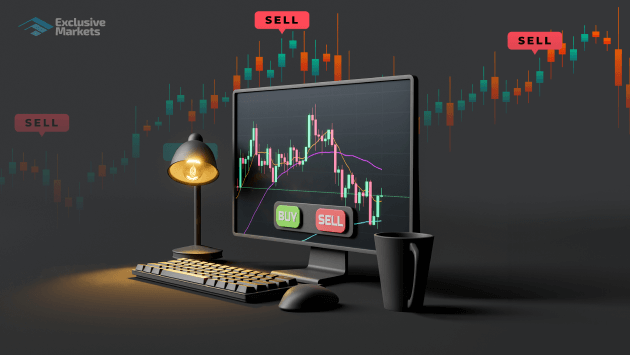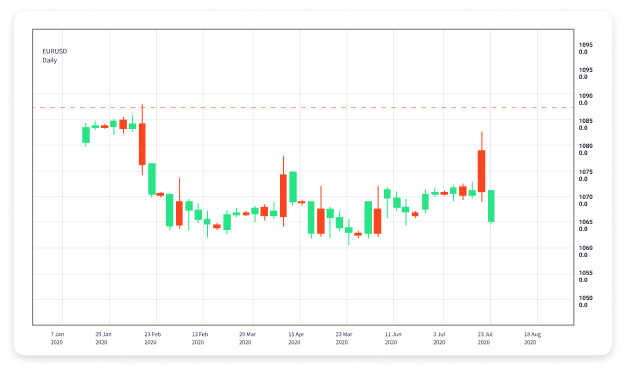
The Essential Guide to Forex Currency Trading Brokers
Forex currency trading brokers play a vital role in the world of online trading. They act as intermediaries between individual traders and the foreign exchange market, enabling traders to buy and sell currencies effectively. With the growing popularity of Forex trading, it’s crucial to understand what brokers do, how to choose the right one, and what factors influence your trading success. To start your journey, consider visiting forex currency trading broker protradinguae.com, where you can find valuable resources for Forex trading.
What is Forex Trading?
Forex trading, also known as foreign exchange trading, is the process of buying and selling currencies on a global market. It operates 24 hours a day, five days a week, allowing traders to take advantage of price fluctuations in currency pairs, such as EUR/USD, GBP/USD, or USD/JPY. The Forex market is the largest and most liquid financial market globally, with a daily trading volume exceeding $6 trillion.
The Role of Forex Brokers
Forex brokers act as facilitators for retail traders looking to engage in currency trading. They provide access to trading platforms where currencies can be bought and sold. Here are some essential functions performed by Forex brokers:
- Access to Markets: Brokers offer platforms that connect traders with the interbank foreign exchange market.
- Leverage: Brokers often provide leverage, which allows traders to control a larger position than their initial investment.
- Execution of Trades: Forex brokers execute trades on behalf of their clients, ensuring that buy and sell orders are fulfilled quickly and efficiently.
- Market Analysis: Many brokers offer resources such as market analysis, charts, and tools to help traders make informed decisions.

Types of Forex Brokers
Forex brokers can be categorized into several types, each with unique features and services. Understanding these types can help you choose the right broker for your trading style:
- Market Makers: Market makers create a market for their clients by quoting buy and sell prices. They often provide fixed spreads and make money through the difference between the buy and sell prices.
- ECN Brokers: Electronic Communication Network (ECN) brokers connect traders directly to the interbank market. They typically offer variable spreads and charge a commission on trades, providing greater market transparency.
- STP Brokers: Straight Through Processing brokers automatically process trades without dealer intervention. They often offer competitive spreads and quicker execution times.
Factors to Consider When Choosing a Forex Broker
Selecting the right Forex broker is crucial to your trading success. Here are some key factors to consider:
- Regulation: Ensure the broker is regulated by a recognized authority. Regulatory bodies (such as the FCA, ASIC, or CySEC) help protect traders’ funds and ensure fair trading practices.
- Trading Costs: Compare spreads, commissions, and other fees. Low costs are essential for maximizing profitability, especially for active traders.
- Trading Platforms: The trading platform should be user-friendly and offer the tools you need for analysis and execution. Look for platforms like MetaTrader 4 or 5, which are popular among traders.
- Customer Support: Excellent customer support is vital. Ensure that the broker provides responsive and knowledgeable support through various channels.
- Deposit and Withdrawal Options: Check the available payment methods for funding your account and withdrawing profits. Fast and convenient methods can enhance your trading experience.
Forex Trading Strategies

Once you’ve chosen a broker, developing a trading strategy is essential. Here are a few popular Forex trading strategies:
- Scalping: A short-term strategy that involves making numerous trades throughout the day to capitalize on small price movements.
- Day Trading: Traders open and close positions within the same trading day, avoiding overnight exposure to market risks.
- Swing Trading: Swing traders hold positions for several days to capture price swings in the market, using technical analysis for decision-making.
- Position Trading: This long-term strategy involves holding positions for weeks, months, or even years, based on fundamental analysis.
Risks Involved in Forex Trading
While Forex trading can be lucrative, it’s essential to be aware of the risks:
- Market Risk: Currency prices are volatile and can change rapidly, leading to potential losses.
- Leverage Risk: Trading with leverage can amplify both profits and losses. It’s crucial to use leverage wisely.
- Counterparty Risk: If a broker experiences financial instability, it could affect your funds. Choose a regulated and reliable broker to mitigate this risk.
- Emotional Risk: Trading can provoke strong emotions like fear and greed, leading to irrational decisions. Developing a solid trading plan can help manage this risk.
Conclusion
Forex currency trading brokers play a critical role in the trading ecosystem, providing traders with the necessary tools and access to the market. By understanding the types of brokers, evaluating essential criteria when choosing one, and implementing effective trading strategies, traders can enhance their chances of success in the dynamic world of Forex trading. Always remember to conduct thorough research and stay informed about market trends to make informed trading decisions.
